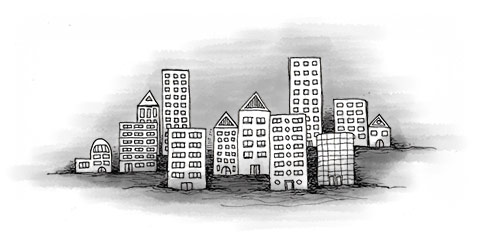Each Brazilian state runs its own private electricity supply. The energy sector is regulated by ANEEL, a government-based regulatory authority.
Electricity in Brazil
The voltage in Brazil is not uniform but depends on individual towns. It is either 110v or 220v with a frequency of 60 hertz. The more common voltage is 110v. It is used for instance in Rio de Janeiro whereas São Paulo and Brasilia use 220v. Check the sticker on the plug stating the volts required before plugging in.
Brazil uses both 3 prong and 2 prong plugs, but adaptors are widely available.
Household insurance
Buying household insurance is required by law when renting a property in Brazil. Usually the insurance will be arranged by estate agencies. When renting directly from the owner, however, the tenant has to take care of the insurance himself.
The insurance fee is paid once for the whole year, normally together with the first month's rent. There are numerous insurance plans available in Brazil. The basic plans usually cover fire, lightning strokes and explosions. Advanced plans can additionally cover burglary (this insurance is highly recommendable), windstorms, hail etc. Minor water damages (e.g. burst pipes), on the other hand, are not insurable.

